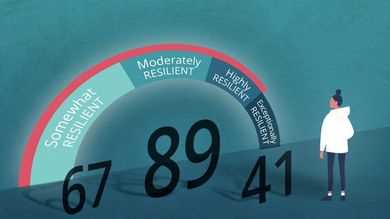
Are you feeling overwhelmed by stress and struggling to cope with the demands of everyday life? Our stress and resilience course is designed to help you develop the skills and strategies needed to manage stress effectively and build resilience for better mental health and wellbeing.
Stress is a normal part of life, but when it becomes overwhelming and chronic, it can have a negative impact on our physical and mental health. Our course will teach you practical techniques for identifying and understanding your stress triggers, as well as proven methods for relaxation and stress reduction.
Building resilience is essential for maintaining good mental health. Resilience is the ability to bounce back from adversity and adapt to challenging situations. By learning resilience-building techniques, you can develop a strong foundation for coping with stress and maintaining your overall wellbeing.
Our stress and resilience course is designed to be accessible for everyone, regardless of your current level of stress or resilience. Whether you are experiencing high levels of stress or simply want to enhance your coping skills, this course will provide you with the tools and knowledge to effectively manage stress and build resilience for a healthier and happier life.
Don’t let stress take a toll on your mental and physical health. Enroll in our stress and resilience course today and start your journey towards a more balanced and resilient life.
Section 1: Understanding Stress
Stress is a mental and physical response to challenging or demanding situations. It is a normal part of life and can be caused by various factors such as work, relationships, or financial pressures. When we experience stress, our body releases hormones that prepare us to respond to the perceived threat. However, prolonged or excessive stress can have negative effects on our mental and physical health.
Resilience is the ability to adapt and bounce back from stressful situations. It involves developing coping strategies to manage stress effectively and maintain good overall health. Resilience is not about eliminating stress entirely, but rather about building the skills and resources to navigate challenges and recover from them.
Our stress and resilience course is designed to help individuals understand the impact of stress on their mental and physical well-being and provide them with tools and techniques to build resilience. The course covers various topics, including identifying stress triggers, practicing relaxation techniques, and developing healthy coping strategies.
By understanding stress and learning effective coping strategies, individuals can improve their overall health and well-being. They can develop the skills to manage stress more effectively, reduce its negative impact, and enhance their resilience.
Identifying the Causes of Stress
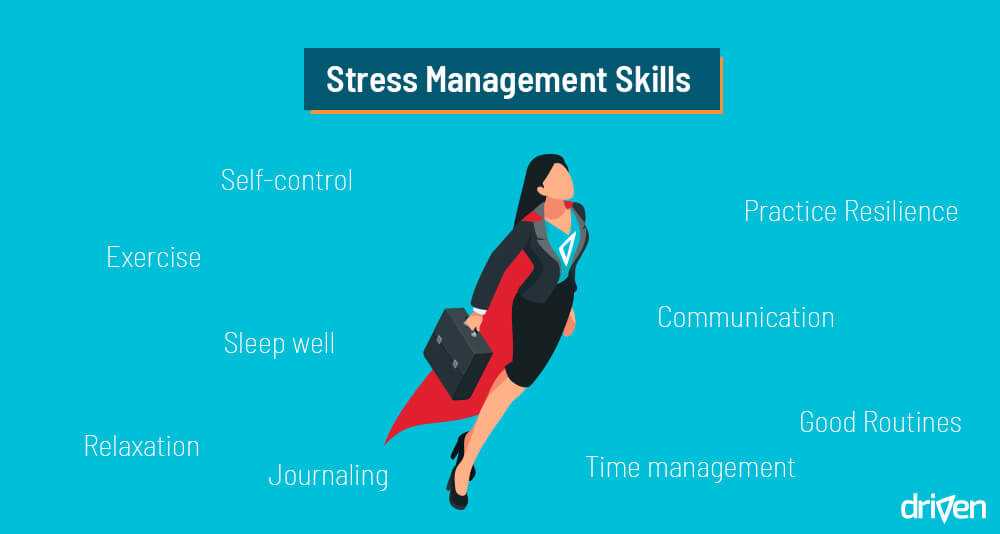
Stress is a common experience that affects people in different ways. It can be caused by various factors and understanding the causes of stress is essential for developing resilience and effective coping strategies.
One of the main causes of stress is the pressure and demands of daily life. This includes work-related stress, financial stress, and the responsibilities of managing personal relationships. The constant juggling of multiple tasks and obligations can take a toll on mental health and overall wellbeing.
Another significant cause of stress is major life changes and transitions. Events such as moving to a new city, starting a new job, getting married, or having a baby can be exciting, but they can also be overwhelming and trigger stress. Even positive changes can disrupt routines and require adjustment, leading to increased stress levels.
Environmental factors can also contribute to stress. Living in a noisy or polluted area, dealing with traffic congestion, or facing other adverse conditions can create chronic stress. Additionally, exposure to natural disasters or traumatic events can have a lasting impact on mental health, causing stress and anxiety.
Personal characteristics and individual circumstances can also play a role in stress levels. People with perfectionist tendencies, high self-expectations, or a lack of social support may be more prone to stress. Additionally, individuals dealing with health issues, chronic pain, or other challenging circumstances may experience heightened stress levels.
Identifying the causes of stress is an important step towards building resilience and developing effective coping strategies. By recognizing the specific triggers of stress, individuals can implement targeted mental health strategies and seek appropriate support. This stress and resilience course provides valuable insights and practical tools to help individuals manage stress and enhance their overall wellbeing.
Recognizing the Symptoms of Stress
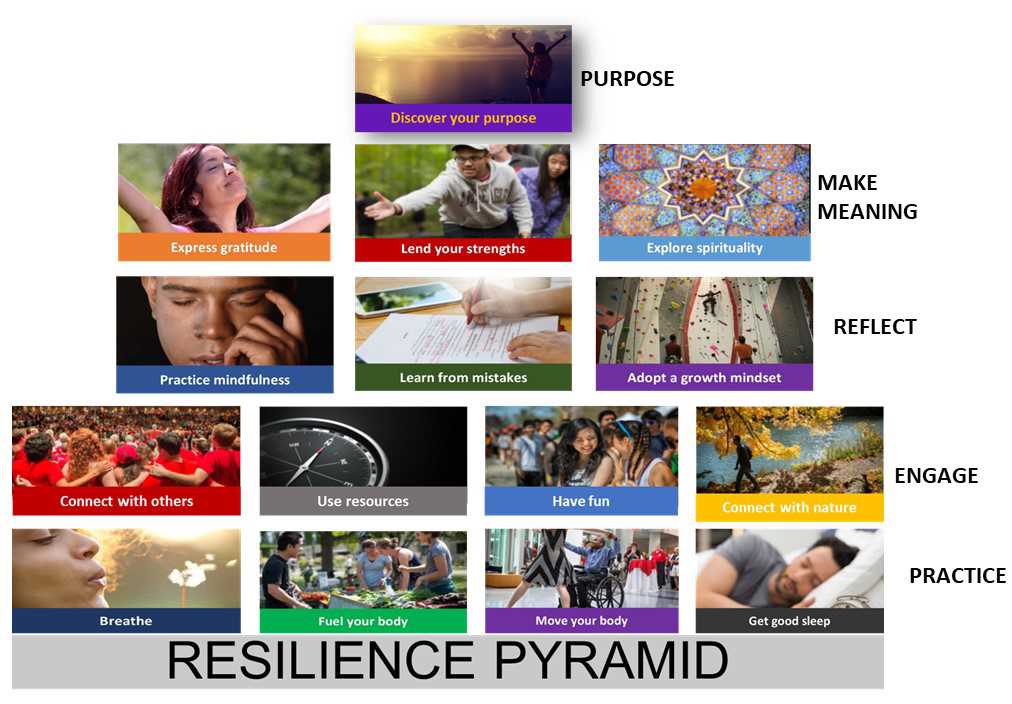
Stress is a common experience that can have a significant impact on our mental and physical well-being. It is important to be able to recognize the symptoms of stress so that we can take steps to manage it effectively.
Some common symptoms of stress include:
- Feeling overwhelmed or constantly worried
- Having difficulty concentrating or making decisions
- Experiencing changes in appetite or weight
- Feeling irritable or easily frustrated
- Having trouble sleeping or experiencing nightmares
- Feeling fatigued or lacking energy
- Experiencing physical symptoms such as headaches or stomachaches
- Withdrawing from social activities or relationships
Recognizing these symptoms is the first step towards managing stress and building resilience. By acknowledging that we are experiencing stress, we can take steps to address it and improve our overall well-being.
Our stress and resilience course offers a variety of techniques and strategies for managing stress, including relaxation exercises, coping mechanisms, and tips for improving mental health. By participating in this course, you can learn how to effectively manage stress and build resilience for a healthier and happier life.
Exploring the Impact of Stress on Mental and Physical Health
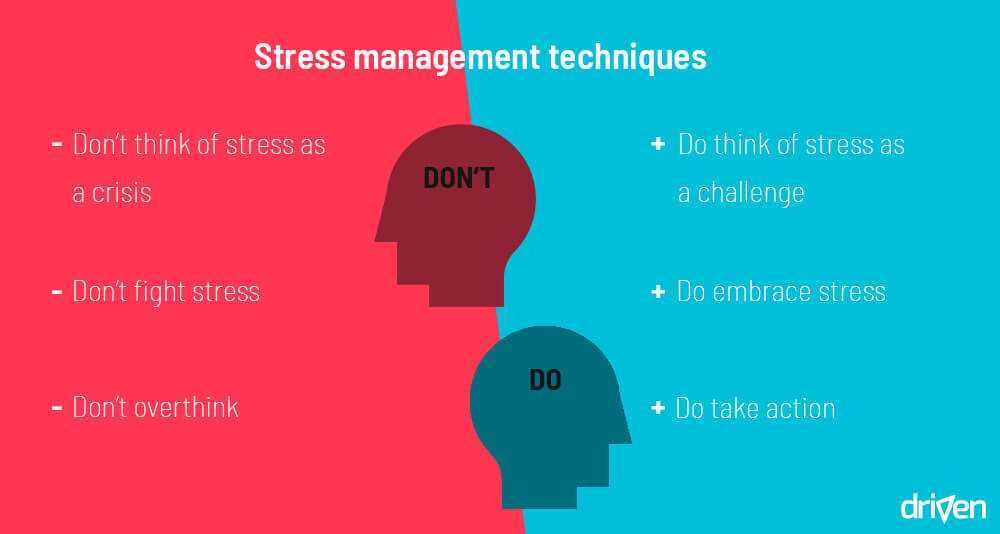
Stress can have a significant impact on both mental and physical health. When we experience stress, our body goes into a “fight or flight” response, releasing stress hormones such as cortisol. While this response is helpful in short bursts, prolonged periods of stress can have detrimental effects on our health and wellbeing.
Mental health is often one of the first areas to be affected by stress. The constant pressure and worry can lead to anxiety, depression, and other mental health disorders. Additionally, stress can impair our cognitive abilities, making it difficult to concentrate and make decisions.
Physical health is also greatly impacted by stress. Chronic stress can weaken the immune system, making us more susceptible to illnesses and infections. It can also lead to cardiovascular problems, such as high blood pressure and heart disease. Furthermore, stress can cause muscle tension, headaches, and digestive issues.
Fortunately, there are strategies and techniques that can help us manage and reduce stress. The stress and resilience course offers various relaxation techniques, such as deep breathing exercises, meditation, and mindfulness. These practices can help calm the mind and reduce the physical symptoms of stress.
Building resilience is another crucial aspect of managing stress. Resilience allows us to bounce back from stressful situations and adapt to challenges. The course provides tools and strategies for developing resilience, such as positive thinking, problem-solving skills, and social support networks.
By learning how to effectively manage stress and build resilience, we can improve both our mental and physical health. Investing in our wellbeing is essential for leading a fulfilling and balanced life.
Section 2: Developing Coping Strategies
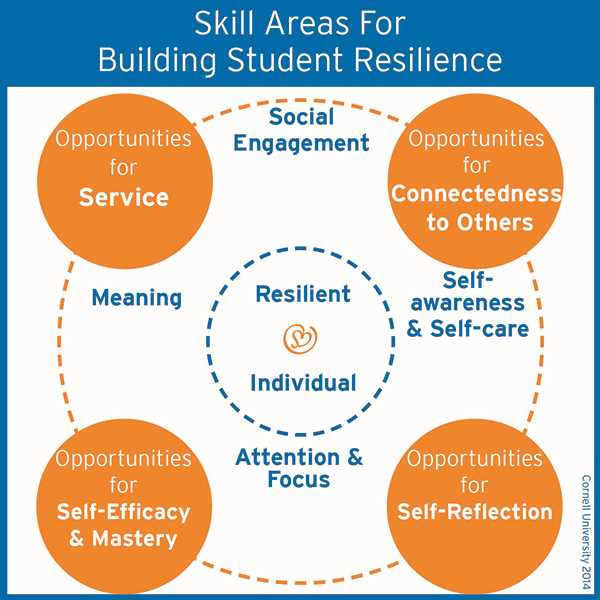
In order to effectively manage stress and build resilience, it is important to develop coping strategies that promote relaxation and overall well-being. This section of our stress and resilience course will focus on various coping techniques that can help individuals better navigate through challenging situations.
One of the key strategies for coping with stress is to identify and address the sources of stress. By understanding what triggers stress, individuals can take proactive steps to manage and reduce its impact on their mental and emotional well-being. This may involve making lifestyle changes, setting boundaries, or seeking support from friends, family, or professionals.
Another effective coping strategy is practicing relaxation techniques. Engaging in activities such as deep breathing exercises, meditation, or yoga can help calm the mind and reduce stress levels. These techniques promote a sense of relaxation and can be incorporated into daily routines to promote overall well-being.
Building resilience is also an important aspect of coping with stress. Resilience refers to the ability to bounce back from adversity and adapt to challenges. Developing resilience involves cultivating a positive mindset, fostering healthy relationships, and maintaining a strong support network. By building resilience, individuals can better cope with stress and navigate through difficult situations with greater ease.
It is important to note that coping strategies may vary from person to person, as everyone has unique needs and preferences. This stress and resilience course aims to provide individuals with a range of coping techniques to choose from, allowing them to find what works best for their own well-being.
By developing effective coping strategies, individuals can better manage stress, enhance their mental and emotional well-being, and build resilience to face life’s challenges.
Learning Relaxation Techniques for Stress Relief
Stress is a common mental health issue that can have a significant impact on our overall wellbeing. It can affect our physical health, relationships, and productivity. That’s why it’s important to learn strategies to manage stress and build resilience.
One effective way to reduce stress is through relaxation techniques. These techniques can help calm the mind and relax the body, allowing us to better cope with stressors and improve our overall mental and physical health.
There are several relaxation techniques that you can learn in a stress and resilience course. These techniques include deep breathing exercises, progressive muscle relaxation, guided imagery, and meditation.
Deep breathing exercises: Deep breathing involves taking slow, deep breaths, focusing on the sensation of the breath entering and leaving the body. This technique helps activate the body’s relaxation response and can quickly reduce stress and anxiety.
Progressive muscle relaxation: This technique involves tensing and then relaxing different muscle groups in the body. By systematically tensing and releasing muscle groups, you can release physical tension and promote relaxation.
Guided imagery: Guided imagery involves using your imagination to create a calming and peaceful mental image. This technique can help distract your mind from stressors and promote a sense of relaxation and calmness.
Meditation: Meditation involves focusing your attention and eliminating the stream of thoughts that may be causing stress. It can be done through different techniques, such as mindfulness meditation or loving-kindness meditation, and can help reduce stress and improve overall mental wellbeing.
By learning and practicing these relaxation techniques, you can effectively manage stress and build resilience. Incorporating these techniques into your daily routine can help promote a sense of calmness, improve your mental health, and enhance your overall wellbeing.
Practicing Mindfulness and Meditation
Mindfulness and meditation are powerful practices that can greatly contribute to your overall wellbeing and resilience. They have been proven to have numerous mental and physical health benefits, including reducing stress, improving focus and concentration, and promoting relaxation.
Mindfulness involves being fully present in the moment, paying attention to your thoughts, feelings, and sensations without judgment. It can help you become more aware of your stress triggers and develop strategies to manage them effectively. By practicing mindfulness, you can cultivate a sense of calm and clarity, which can enhance your resilience in the face of challenges.
Meditation, on the other hand, is a technique that involves focusing your attention and eliminating the stream of thoughts that often occupy your mind. It can help quiet the mind and promote relaxation, allowing you to let go of stress and restore mental balance. Regular meditation practice can improve your ability to cope with stress and enhance your overall mental wellbeing.
If you’re interested in incorporating mindfulness and meditation into your daily routine, our stress and resilience course can provide you with the necessary tools and guidance. The course will teach you various mindfulness and meditation techniques, such as breath awareness, body scan, and loving-kindness meditation. These practices can help you develop a greater sense of self-awareness, reduce stress levels, and improve your overall mental health.
By dedicating time to practicing mindfulness and meditation, you can enhance your resilience and build a strong foundation for your mental and emotional wellbeing. Start your journey towards greater stress management and relaxation by enrolling in our stress and resilience course today!

I am Patrina de Silva, a psychologist and mental health blogger in Sri Lanka. After obtaining psychology degrees from the University of Colombo and Monash University, I returned home to work as a counselor while also starting the popular blog “Pressy but Happy” to provide advice on psychological issues. Over the past decade, my empathetic articles have made my blog a leading mental health resource in the country. In addition to writing, I maintain a private therapy practice, frequently volunteer counseling time, and conduct seminars, driven by my passion for destigmatizing mental illness and educating the public on the mind-body connection. I strive to be an influential voice in my field through my compassionate approach.
